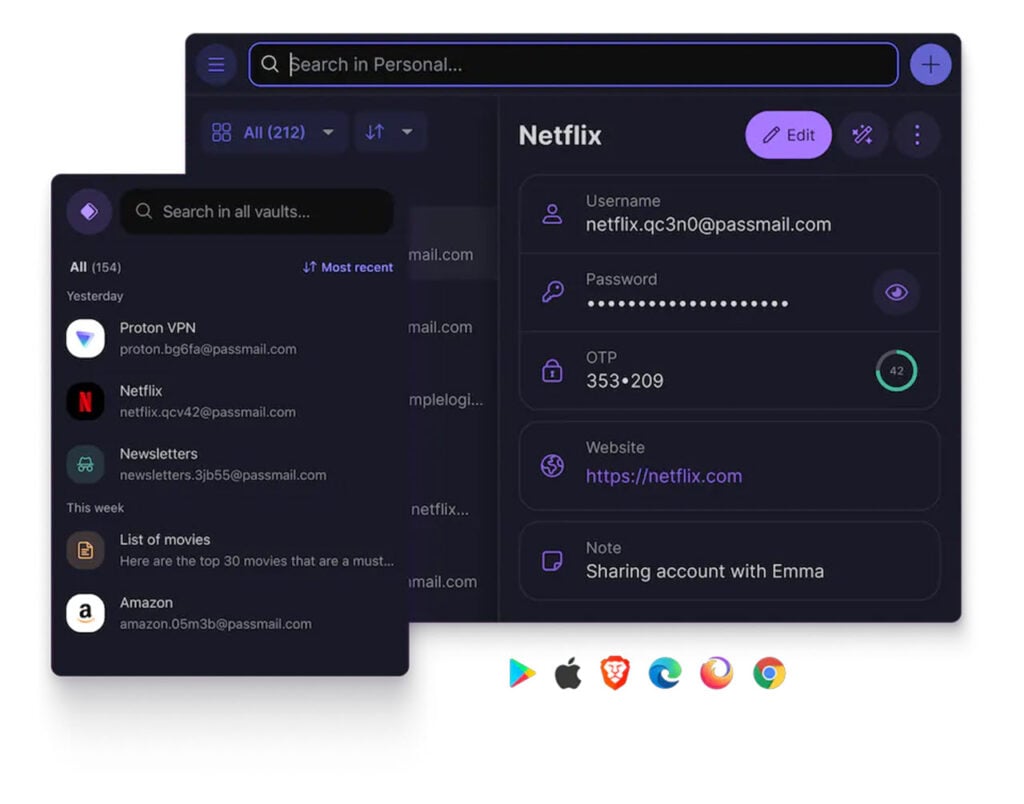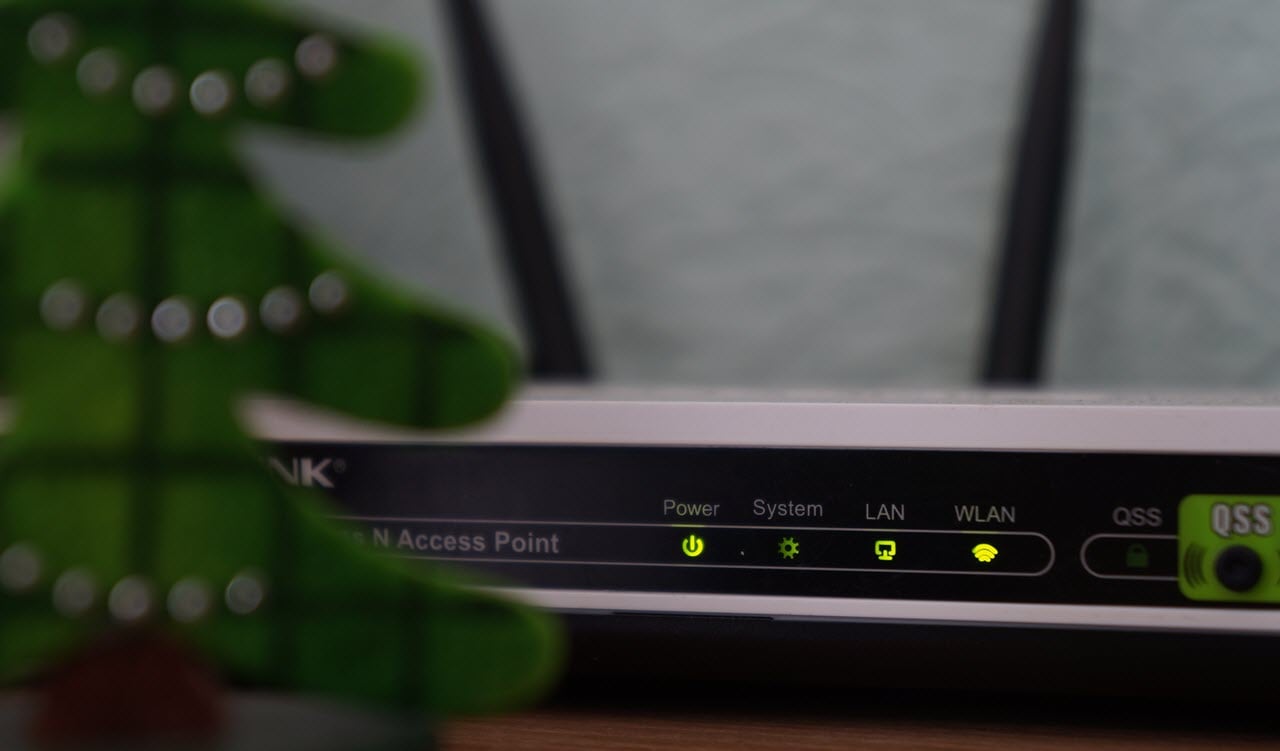Proton announced its password manager, dubbed Proton Pass, in April 2023 in an open beta. The password manager is officially being launched as an end-to-end encrypted password-storing solution for individuals and families alike.
The announcement of Proton Pass and its eventual launch is a direct result of Proton acquiring SimpleLogin, an email alias startup. Proton is also using SimpleLogin’s features, including an email alias, in case the user doesn’t want to give out their email address to an online service. Any incoming emails will be redirected to the user’s Proton email address, and if the alias is deleted, the emails stop.

The beta version was available as a browser extension for Chrome, Firefox, Edge and Brave, but the company has since added Android and iOS apps. If you’re browsing the internet on your PC, Proton’s password manager will automatically take over from the default password manager in your browser and will auto-fill credentials as well as ask you to save any new ones in Proton Pass.
These auto-fill capabilities extend to the Apple ecosystem in Safar and mobile apps. Credentials are automatically synced between all devices logged in with your Proton ID, and there’s even a password generator in case you can’t develop any secure passwords yourself.
Last but not least, the manager can also store generation codes for one-time passwords, giving it dual functionality as a two-factor authenticator. Users can also write secure notes for financial or personally identifiable information.

In its current form, Proton Pass lacks many bells and whistles seen in other popular password managers like Dashlane, 1Password or even LastPass. But as is always the case with Proton services, the company is banking on its end-to-end encryption and is planning to make the password manager open source to allow security experts to look under the hood. There will be security audits, bug bounty programs and security reports.
There’s no native desktop app currently, but its free web-based interface is available to anyone with a Proton ID with up to 10 email aliases and the two-factor authentication feature. For anyone requiring more, the company offers a paid subscription from $2.99 to $4.99 per month based on your subscription’s length. If you’re already using any of Proton’s paid services, the premium features for Proton Pass are bundled with the Unlimited and Family subscriptions offered by the company.
In the News: Google misled video advertisers on ad viewership: Report






